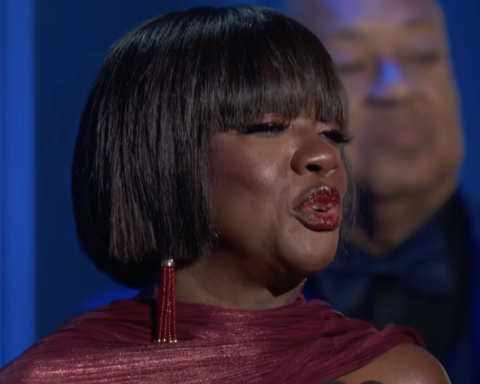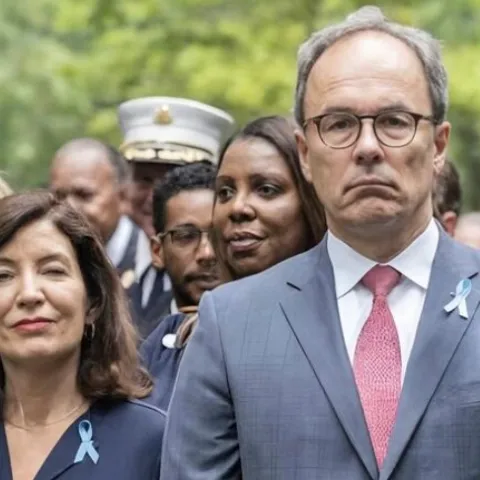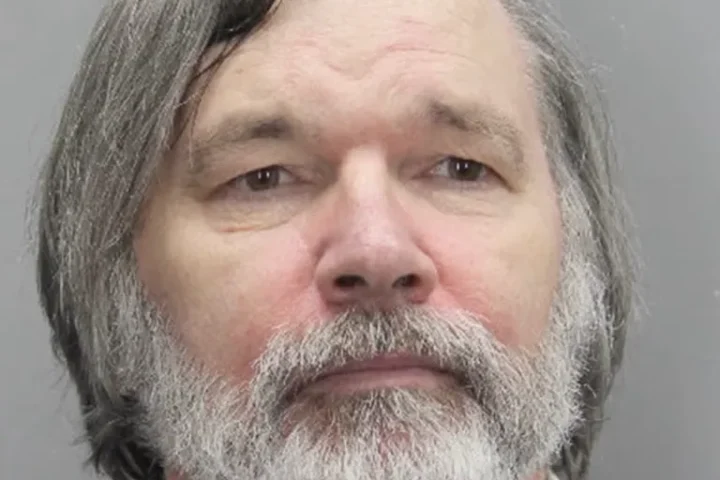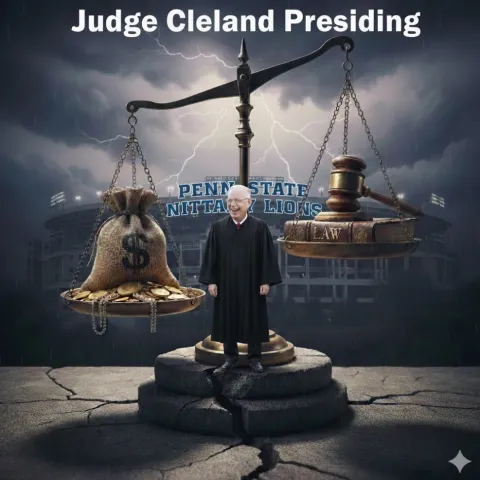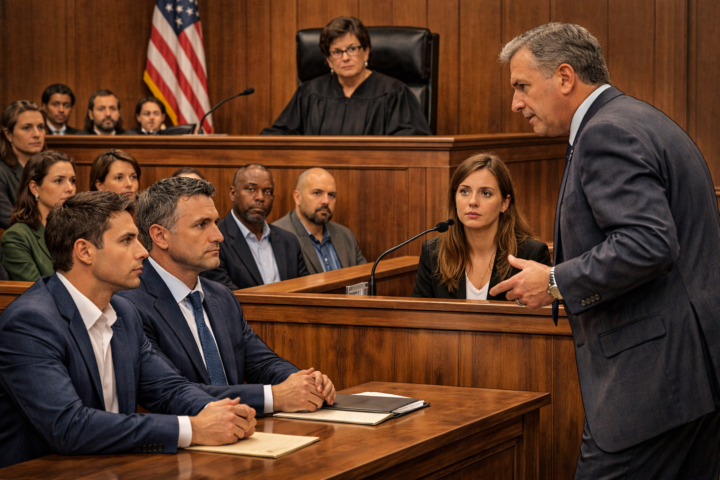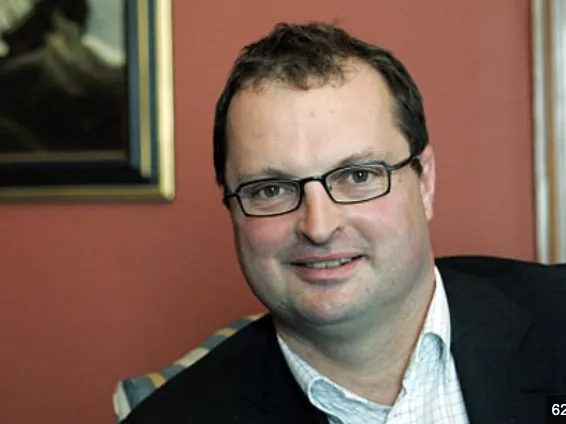By Juda Engelmayer
Frank Parlato’s latest exposé may be the most important read of the summer for anyone alarmed by the way media narratives are driving criminal prosecutions. His new piece – “The Lawsuit That Sparked a Federal Sex Trafficking Case Against the Alexander Brothers”—offers a critical reexamination of how it all began.
Because this case doesn’t start with an indictment. It starts with a civil lawsuit—filed by a woman whose credibility is now collapsing under the weight of her own messages.

Texts she sent after the alleged incident—flirtatious, friendly, entirely voluntary—paint a radically different picture than the one the government has spent months promoting. These texts were hidden from the public, ignored by prosecutors, and excluded from the narrative that led to a federal sex trafficking indictment.




The house of cards is wobbling.
And it’s not an isolated case—it’s part of a pattern.
Consider Harvey Weinstein’s Los Angeles trial: a key prosecution witness, Pascal Vicedomini, is now accused of perjury. He testified under oath, placing himself away from the accuser at the time of the alleged assault, but court filings, travel and phone records suggest the opposite: that he was with her. Despite this, the judge barred Weinstein’s team from presenting the evidence to the jury. Now, Italy’s High Court has allowed Weinstein’s perjury complaint against Vicedomini to proceed. And – Candace Owens will be running her final piece with Harvey post-trial next week.

That’s not justice – that’s selective storytelling.
And it’s happening again.
The Alexander brothers’ prosecution appears engineered to destroy reputations in the court of public opinion long before facts could be tested in a courtroom. Those facts are now emerging: hidden messages, collapsing timelines, and political motivations that undermine the entire foundation of the case.
And more revelations are coming.
In the OneTaste case—another media-driven prosecution wrapped in trafficking rhetoric and government theatrics—new motions will soon be filed. We’ve already exposed troubling FBI misconduct, fabricated evidence, and internal contradictions that show the government was pushing a story it knew didn’t match the facts.

Remember: Nicole Daedone and Rachel Cherwitz were convicted of a single count of Conspiracy to Force Labor, not through violence or financial threats, but because the jury accepted that wanting to be “liked and accepted” amounted to coercion. The “victims” were adults who wanted to be liked, accepted and welcomed by a group they wanted to leave and left voluntarily, but prosecutors successfully labeled emotional complexity as criminal conduct. How does that bode for every religion, fraternity, club and community group?
This summer has been loud—but underneath the noise, the ground is shifting.
Once-airtight prosecutions are springing leaks. The public is beginning to ask harder questions, and cases like the Alexander brothers’, once presumed clear cut, are starting to unravel—one message, one motion, one court filing at a time.


P.S. As we examine the Alexander brothers’ prosecution—and the broader collapse of due process in media-fueled misconduct cases—we must also take stock of the troubling saga of Frank Rose, former Principal Deputy Administrator of the National Nuclear Security Administration under President Biden.

Frank wasn’t accused by a colleague, a subordinate, or even someone he could confront. He was targeted by an anonymous, uncorroborated allegation—timed with surgical precision to derail his efforts to restore J. Robert Oppenheimer’s legacy and challenge entrenched interests in the national security establishment.
In Frank’s case, the hallmarks are all too familiar:
- A vague, weaponized accusation with no opportunity for defense
- Media leaks crafted to assassinate character
- Institutional silence from the very agencies he served with distinction
Frank has gone public with claims of a coordinated effort to oust him—not because of misconduct, but because he disrupted the status quo. His story, like the Alexanders’, reveals how institutions protect themselves, not people.
Together, these cases demand a cultural reckoning—not about whether justice matters, but about how accusation has become a weapon more potent than proof.
And how easily the system breaks when few people ask to see the evidence.



